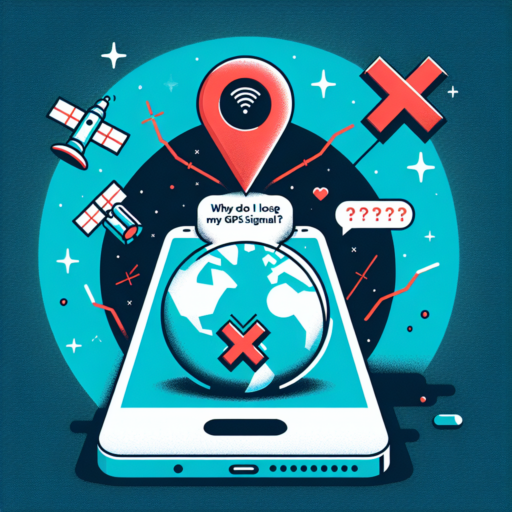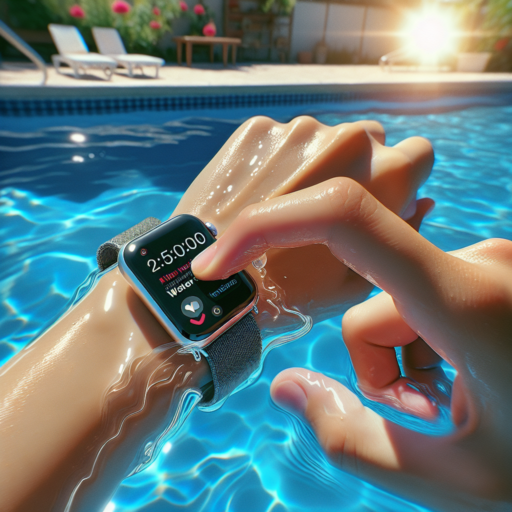No se han encontrado productos.
Why is my GPS signal always lost?
Experiencing a lost GPS signal can be frustrating, especially when you rely heavily on navigation apps to guide you. There are several reasons why your GPS signal may often disappear, leaving you puzzled and possibly stranded. Understanding these reasons can help you mitigate the issue and ensure a smoother navigation experience.
Poor Weather Conditions
One of the primary factors affecting the reliability of your GPS signal is the weather. Heavy rain, storms, and even dense cloud cover can interfere with the signal transmission between your device and the GPS satellites. This interference can weaken the signal or cause it to be lost completely. While modern technology has significantly improved, nature can still present formidable challenges to maintaining a constant GPS connection.
Environmental Obstacles
Another common cause of GPS signal loss is the presence of tall buildings, tunnels, dense forests, and even mountains. These physical obstructions can block or significantly weaken the line-of-sight signal from satellites to your GPS device. Urban canyons, particularly in densely populated cities with tall skyscrapers, are notorious for causing GPS signals to bounce or be lost, leading to inaccuracies and disruptions in navigation.
Understanding these challenges is the first step toward remedying frequent GPS signal losses. By acknowledging the limitations of current GPS technology and the impact that external factors can have on it, you can better prepare for and adapt to these interruptions. Although completely avoiding signal loss may not always be possible, being aware of these factors can help you anticipate and navigate around potential GPS pitfalls.
How can I improve my GPS signal strength?
Improving your GPS signal strength is crucial for accurate navigation and location tracking. Various factors, including your environment and device settings, can affect the quality of your GPS connection. Here are some strategies to enhance your GPS signal strength, ensuring a smoother and more accurate navigation experience.
Check Your Environment
One of the simplest yet most effective ways to boost your GPS signal is by adjusting your surroundings. GPS signals can be significantly weakened by obstacles such as buildings, trees, or even heavy cloud cover. Try to move to a more open space where the sky is clearly visible. This reduces interference and allows your device to communicate more effectively with GPS satellites.
Optimize Your Device Settings
Another avenue to improve your GPS signal strength is to tweak your device settings. Ensuring that your device’s software is up to date can eliminate bugs that might be affecting its GPS functionality. Additionally, turning off non-essential services running in the background can free up the device’s resources to focus on maintaining a strong GPS signal. In smartphones, activating the ‘High Accuracy’ mode in location settings can also significantly enhance GPS signal strength by using a combination of Wi-Fi, mobile networks, and GPS to determine your location.
Remember, while improving GPS signal strength can enhance your navigation experience, the effectiveness of these methods can vary depending on the specific circumstances and environments. By combining these strategies, however, you can significantly increase the chances of maintaining a strong and reliable GPS signal.
Why does my sat nav keep losing GPS signal?
Experiencing interruptions with your sat nav’s GPS signal can be both perplexing and frustrating, especially during essential travel moments. The crux of this issue often lies in certain readily identifiable factors. Understanding these can help mitigate the frequency of signal loss and enhance your navigation experience.
Obstructions to Direct Line of Sight
One of the primary reasons your sat nav may be losing its GPS signal is due to obstructions in the direct line of sight between the device and the satellites. This issue is particularly prevalent in urban canyons of towering buildings, as well as in areas with dense foliage or significant natural landscape features. These obstructions can intermittently disrupt the signal, resulting in periods of lost connectivity.
Interference from Electronic Devices
Another key factor could be electronic interference from other devices within your vehicle. Modern cars are equipped with myriad electronic systems, from infotainment consoles to advanced driver-assistance systems, which can inadvertently interfere with your sat nav’s ability to maintain a consistent GPS signal. Ensuring that your sat nav is positioned away from other electronic devices can help in reducing this form of disruption.
Overall, pinpointing the exact cause of GPS signal loss in your sat nav involves a process of elimination. By understanding and addressing these common issues, you can significantly improve your device’s reliability and performance, ensuring smoother and more accurate navigation on your travels.
Why does my GPS keep messing up?
Encountering issues with your GPS can be both annoying and disruptive, particularly when you rely on it for navigation. Various factors can lead to your GPS underperforming or providing erroneous data. Understanding these reasons can help in tackling the problem effectively.
Signal Interruptions
One primary reason your GPS keeps messing up could be signal interruptions. Buildings, natural topographies like mountains and trees, and even atmospheric conditions can interfere with the signal between your GPS device and the satellites. Urban canyons created by skyscrapers can significantly degrade signal quality, leading to inaccurate positioning or loss of signal.
Outdated Maps or Software
Another factor to consider is whether your GPS device has the latest maps and software updates. Outdated information can lead to navigation errors, especially in areas where roads have changed or new infrastructure has been built. Manufacturers regularly release updates to address these changes and improve device functionality, so ensuring your device is up-to-date is crucial for optimal performance.
Hardware Issues
The problem might also stem from hardware issues within the GPS device itself. This could range from a degraded antenna unable to properly receive signals, to issues with the device’s internal clock or memory. Such problems often require professional assessment and repair to restore the GPS’s functionality.



